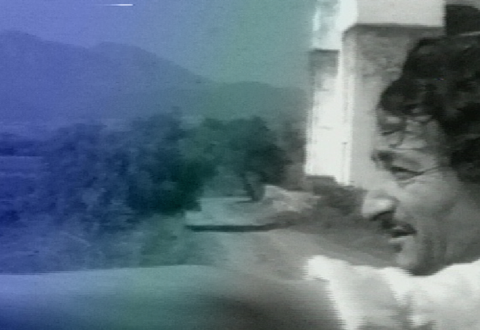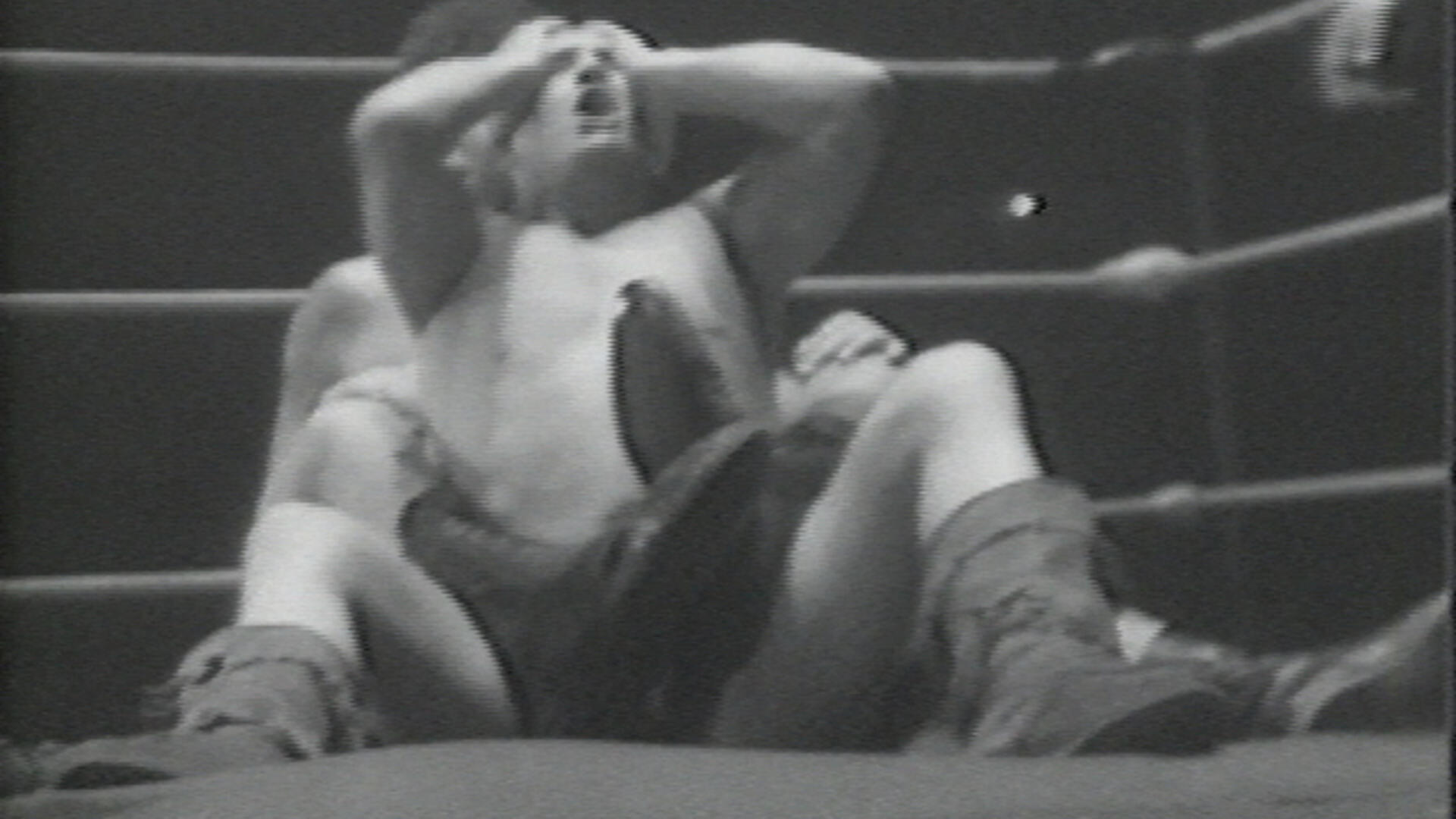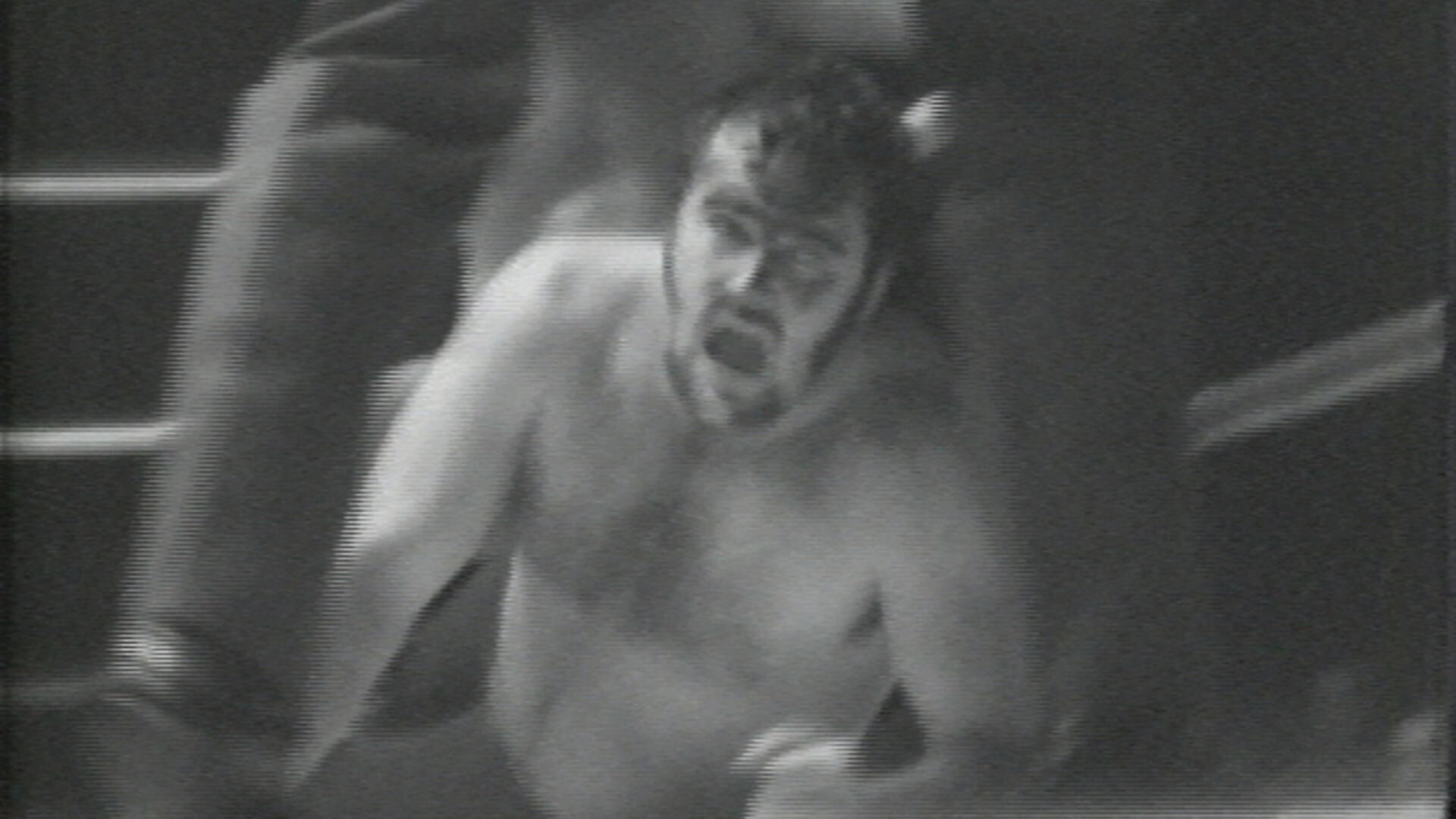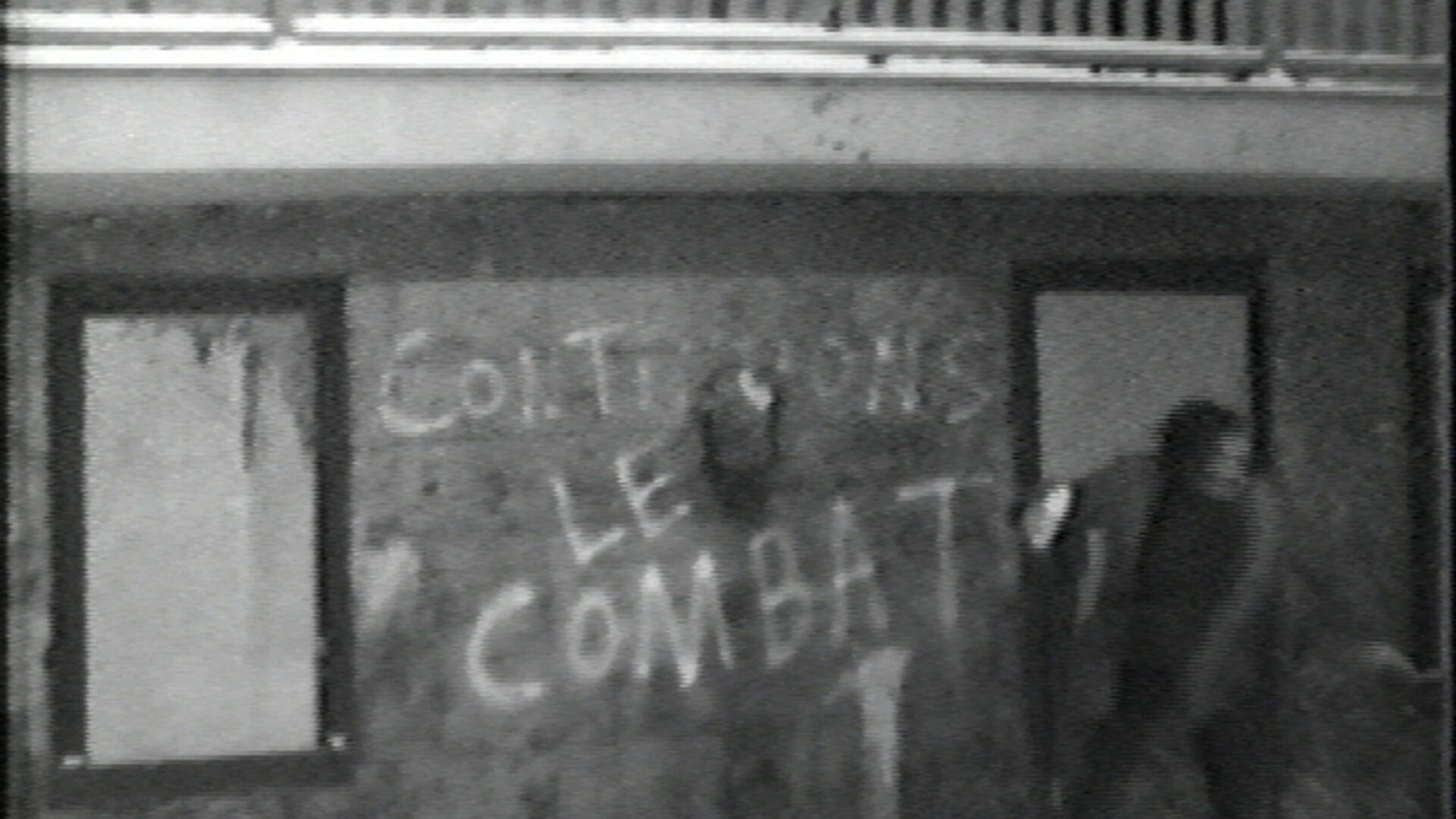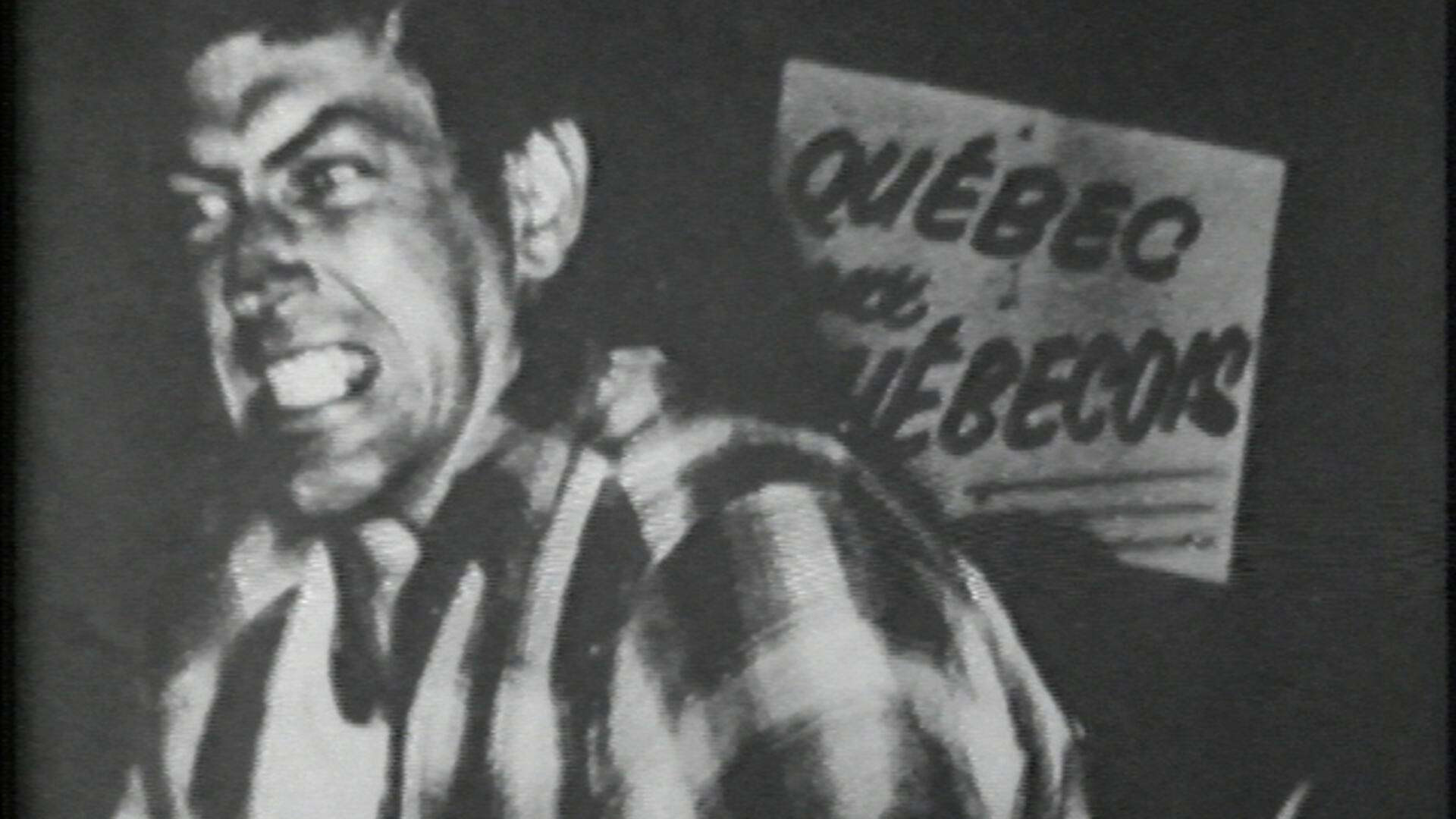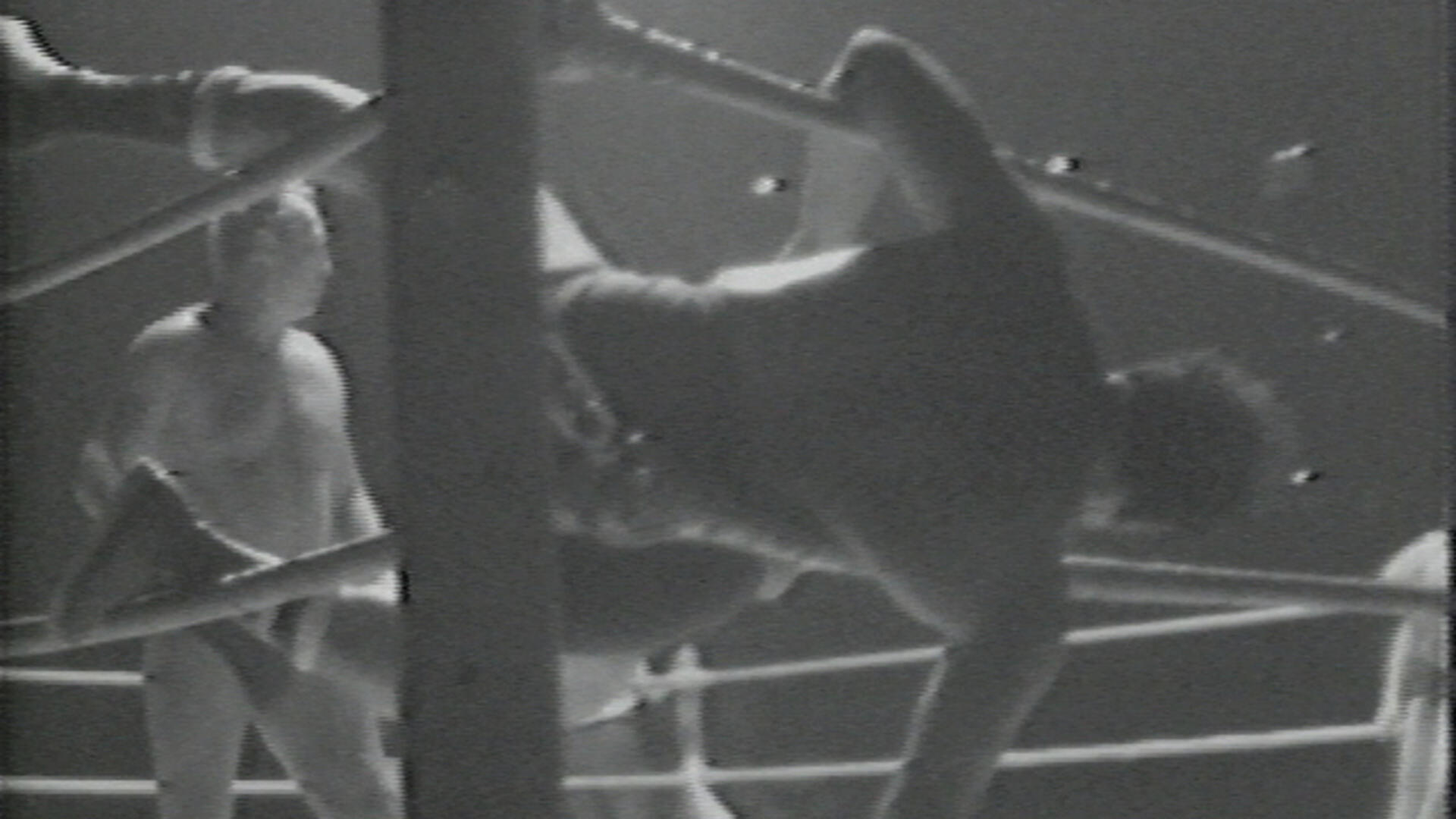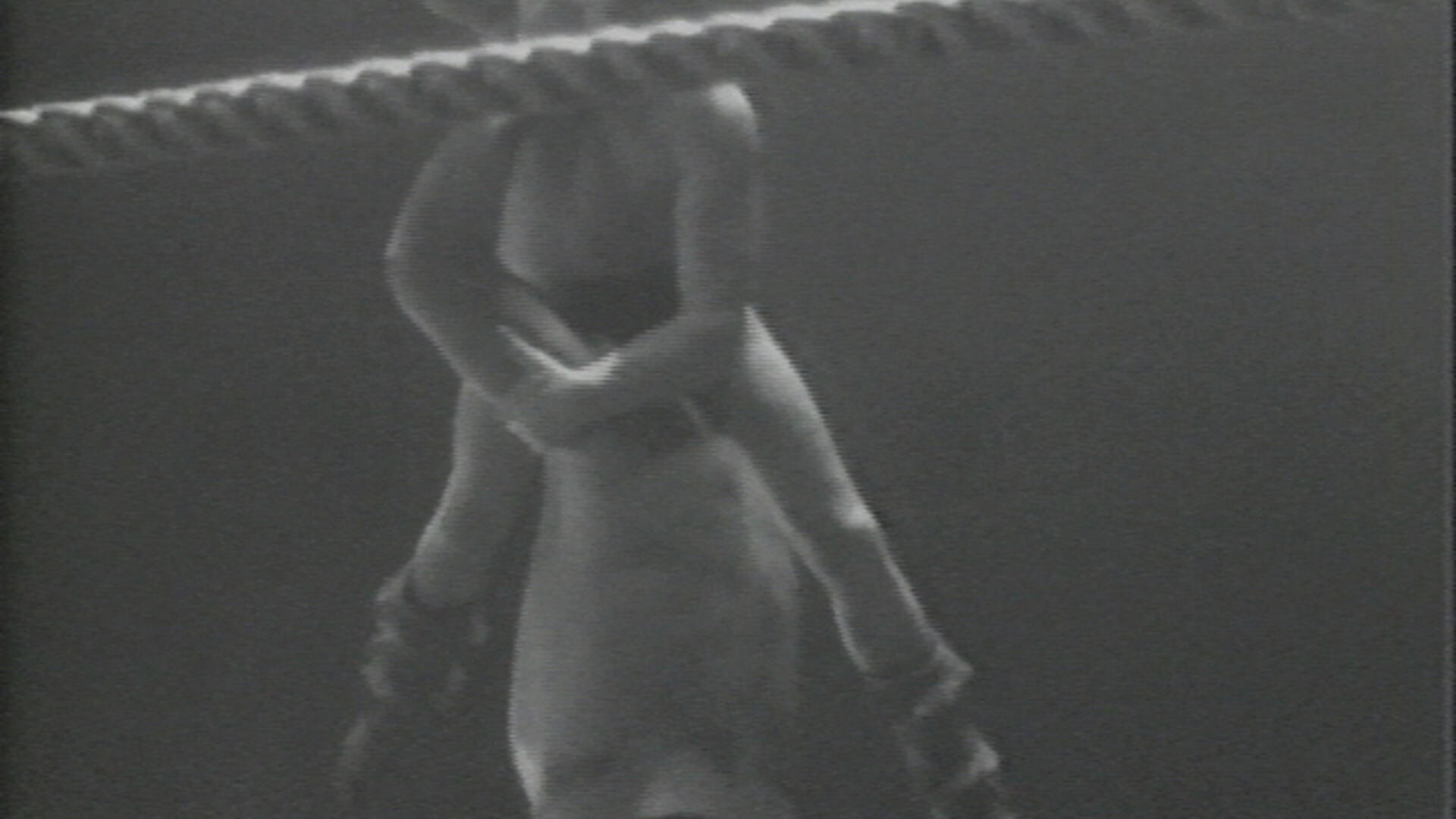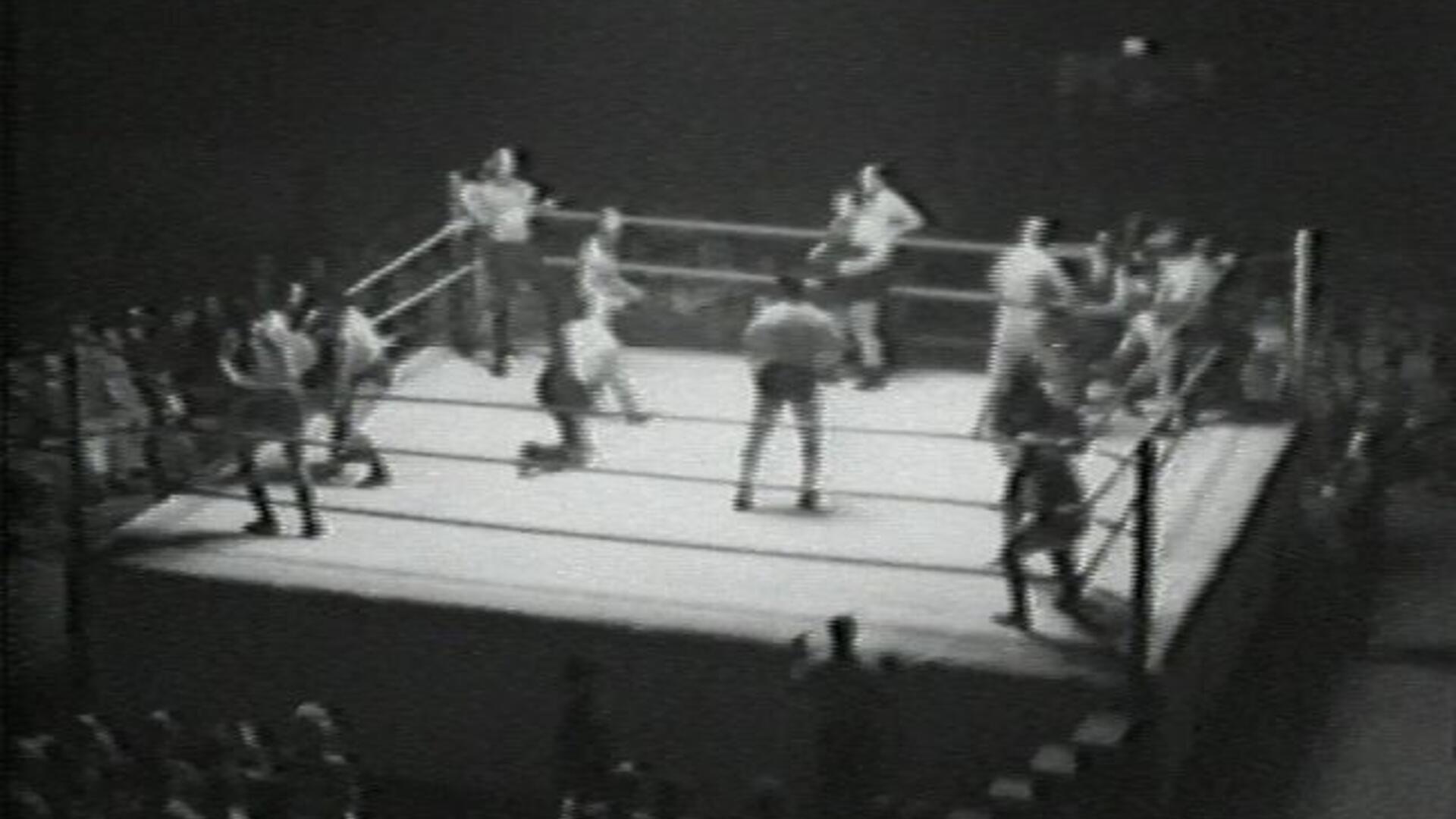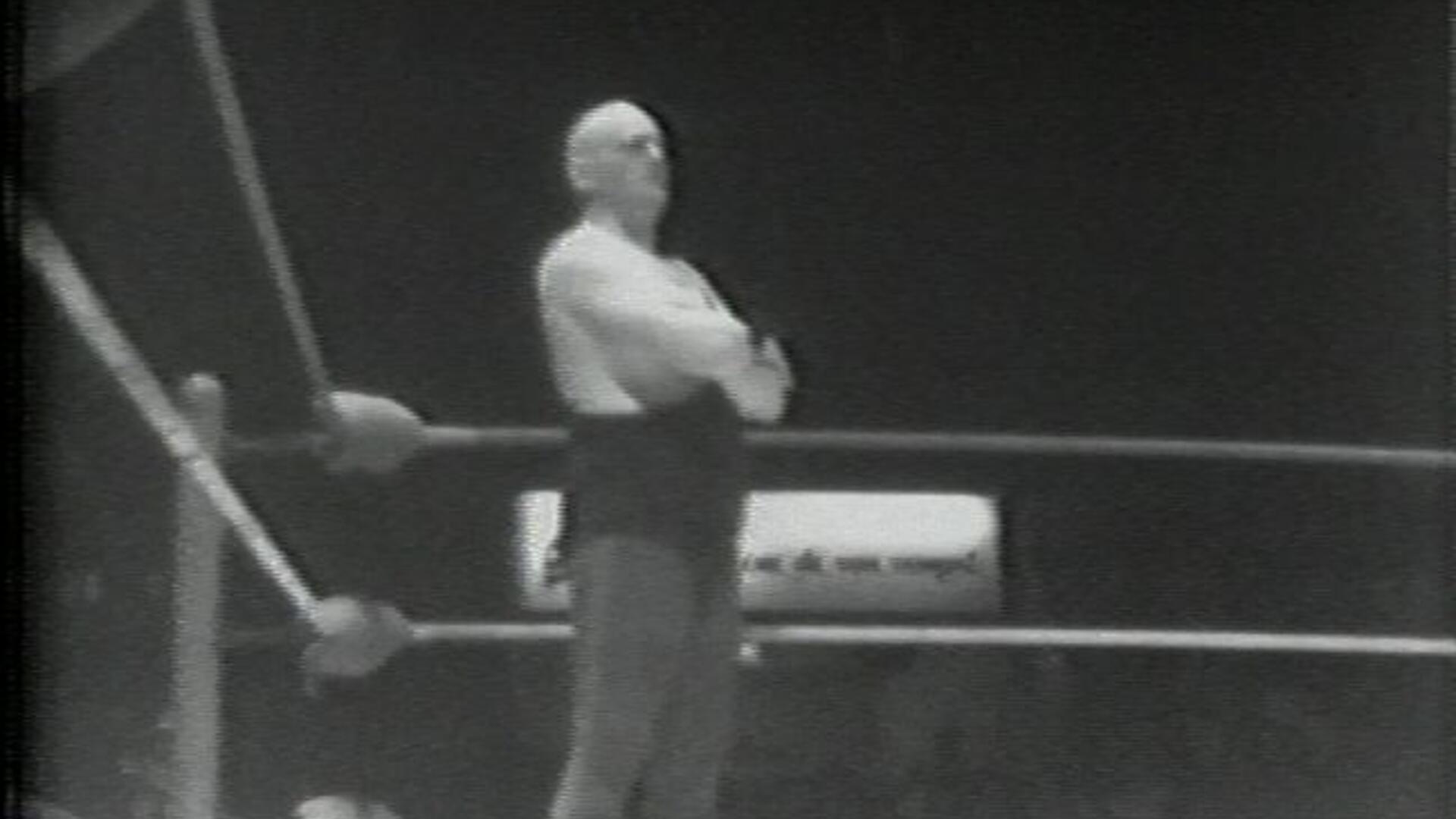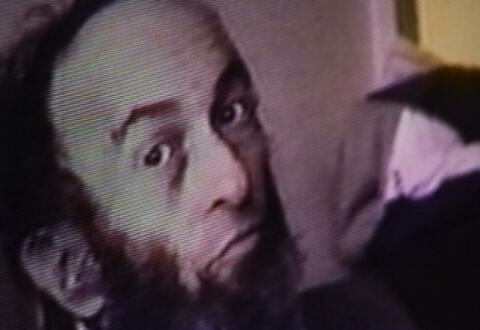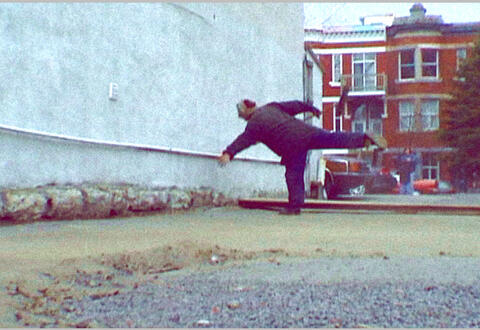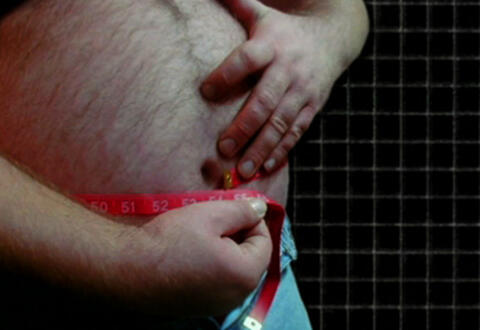Continuons le combat
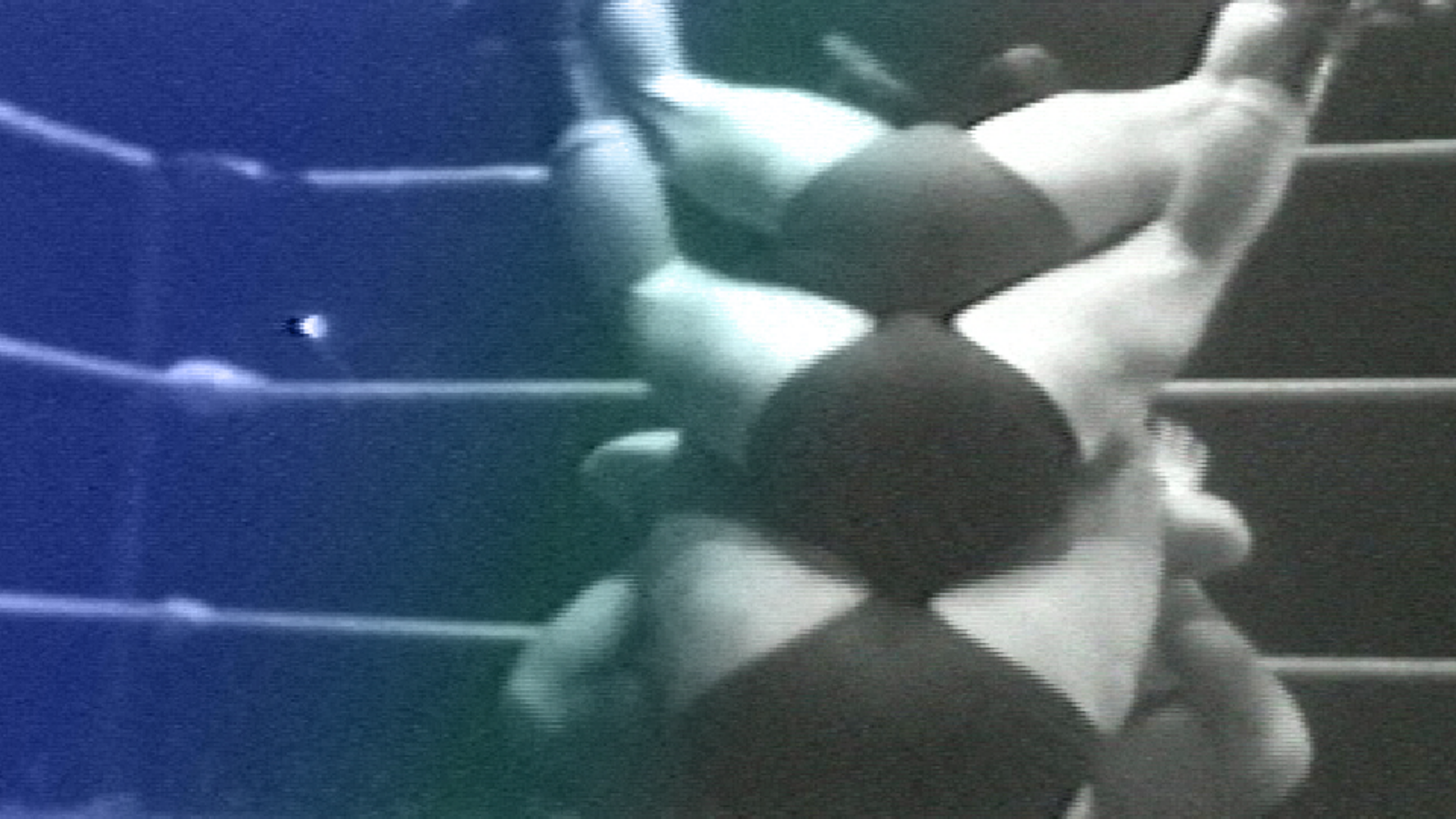
The television footage of a wrestling match is employed here as a metaphor for Quebec society. Using voice-over narration, Falardeau presents a compelling analysis of the structure of wrestling and its rituals. The good guy against the evil antagonist, the forces of order and the desires of the crowd. The audience becomes part of the spectacle in this powerful show where wrestlers confront one another under the watchful eye of the referee. It is a ritual of catharsis. The documentary begins with the words, images and sounds of Quebec's political struggle, "SOS F.L.Q. Continuons le combat". Produced right after the October Crisis in 1970, a crucial moment in Quebec's struggle to become a sovereign state, independent of Canada, the tape is charged with the bitter experience and political aspirations of the period. We recognize in this tape, the "Falardeau style" evident through a very strong narration that supports the images till the end, when the video abruptly closes.
Serie
Credits
Technical information
Documentation
“A wrestling match, a voice-over commentary, and that’s it. And yet it is the most virulent social criticism ever heard. Here, wrestling is not seen as a sport. It is a popular ritual which solves the problems that society is unable to resolve by other means. A struggle made spectacle fizzles out. The media today understand this. If workers go on strike, all television needs to do to disarm the struggle is to dramatise the event and present it as if it were a fictional story being acted out, all wrapped up between two commercial breaks. Wrestling is the confrontation of Good and Evil. It’s also a morality play : the bad guy must lose! Evil eradicated, society goes back to normal. In military language, this is known as pacification. Social order is synonymous with justice. That said, films must be made like that. Denouncing the strategies of our class enemies can help us better defend ourselves. Yes, ‘The Struggle Continues!’ Yes, let us dare remark upon the blows inflicted upon us by our Masters, let us dare to call injustice by its name and, like Zola, take our picks and shovels, our cameras, our voices, our pens, our responsibility as free men, and write ‘I accuse’ many times over on the walls of silence”.
BOUDARD, Alphonse. "La société du spectacle", Samedi, (November 14, 1998), p. 6.
Essay, Activism, Memory, Rite, Fight









